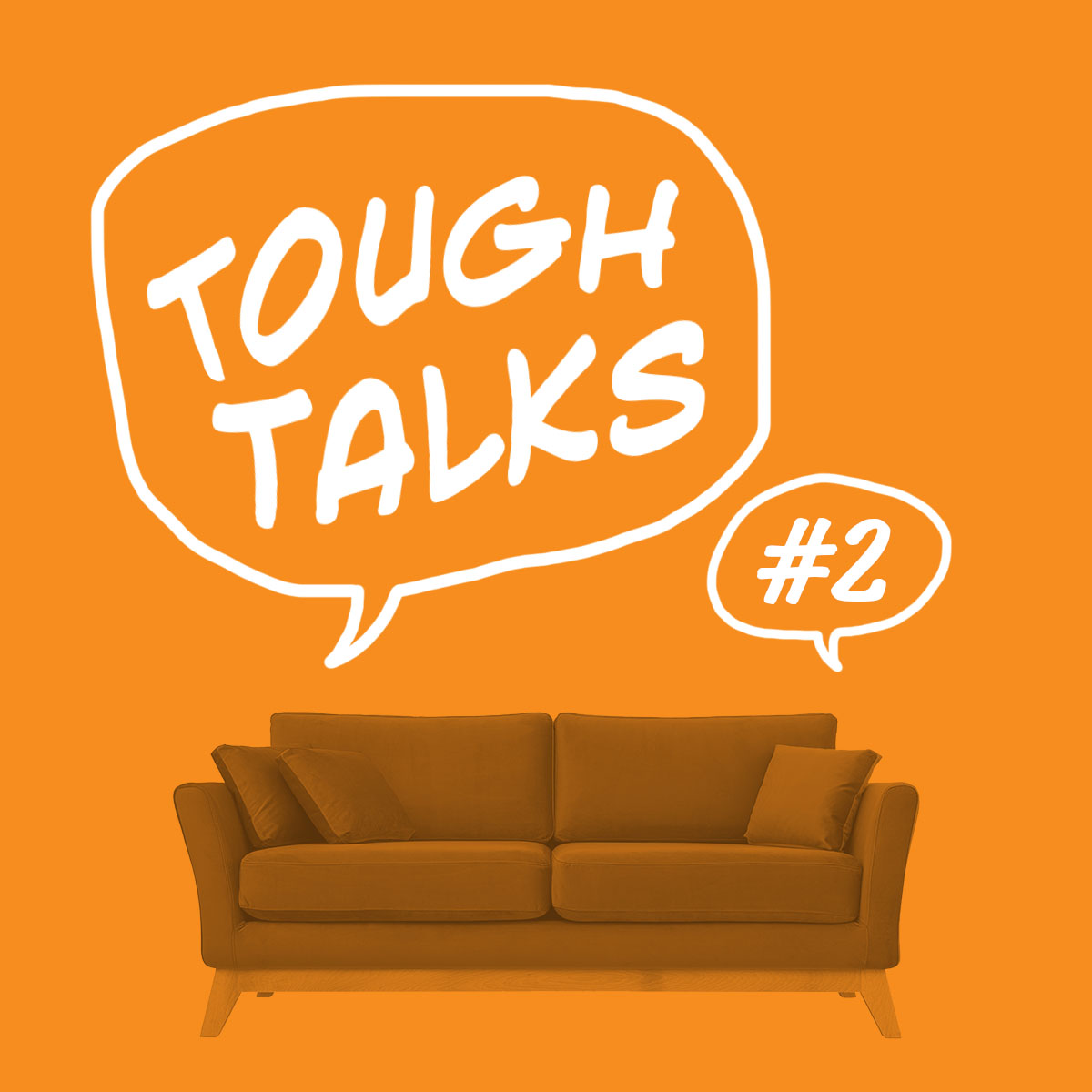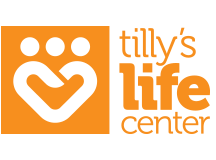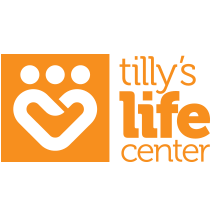
27 Apr Tough Talks #2: Eating Disorders
We’ve created our Tough Talks series to be a useful resource to help parents talk to their teens about a variety of difficult topics, such as anxiety, depression, bullying, and other obstacles teens encounter on a daily basis.
As parents, we know how difficult it can be to watch your teen endure the many challenges they face on a daily basis. But with so many of us at home right now, there’s never been a better time to sit down with your teen and have these difficult conversations, so you can better understand their feelings, and find out how to help.
Approximately 30 million Americans have had or currently have an eating disorder, and often it’s impossible to tell when someone is struggling. Knowing how to help someone with an eating disorder can be overwhelming, especially when that someone is your teen. But with the right tools, you can talk directly with your teen and give them the support they need. Here are some tips to ease them into the conversation.
Do Your Research
It’s important to enter into the conversation fully educated on the many symptoms, causes, and types of eating disorders. Not all eating disorders are created equal, and they may present themselves very differently in different individuals. There are a variety of online resources, or you can turn to a medical professional for help. The more you understand about eating disorders in teens, and your teen’s own experience, the better you’ll be able to discuss it with them.
Find the Right Time and Place
Conversations about your teen’s wellbeing aren’t easy. Having other stressors present makes it even more difficult. When it comes to talking about eating disorders, it’s all about timing. For example, discussing your teen’s eating habits while eating a meal may not be the best option. Find the best time and place for you and your teen, whether that’s a calm and quiet setting, or doing an activity together. Wherever you choose to bring up your concerns, be sure you’re both in a clear and relaxed state of mind.
Be Mindful of Your Phrasing
When you have an eating disorder, it’s difficult to see the full picture. Try to avoid any accusatory statements, and instead focus on observations. For example, “I noticed you haven’t been eating your dinner. Is everything okay?” It’s also important to steer clear of comments based on physical appearance. Even if you’re well-intentioned, bringing attention to your teen’s body or even using yourself or others as an example, can affect them deeply, and only cause the conversation to regress. Instead, focus on behavior, keep an open mind, and ask lots of questions.
Actively Listen
As a parent, you want to do everything you can to help your child in times of need. Although it’s difficult, resist the urge to jump in and make suggestions, or tell your teen what you think they need in order to recover. Take the time to listen to what they have to say. Often, it’s best to ask open-ended questions, rather than ones that just require a simple answer. For example, you may want to ask questions such as “do you feel you have a healthy relationship with food?” or “does your body image affect how you feel about yourself?” This way, you’ll open up a two-way conversation, and allow your teen to speak. Don’t interrupt, and really internalize what you’re hearing, so you are better equipped to help them move forward.
Stay Calm
The way you react to hearing what your teen has to say can determine the outcome of your discussion. Eating disorders are scary, and it can be hard to sit back and stay calm as you watch your child go through something so difficult. But it’s also not easy to admit you’re struggling, especially as a teen. Understand that they will likely react defensively or feel reluctant to open up. Although it’s difficult, try to stay calm and collected. It may take some time before they are ready to accept help. The most important thing is to let your teen know you are worried about them and want to help them overcome what they’re going through.
Where to Go Next
Now that you’ve acknowledged your concerns with your teen, the next step is creating a plan for recovery. The first step is to reach out to a medical professional, such as your teen’s doctor or an eating disorder specialist. Recovery comes in many forms, so talk about what route is the best fit for you and your teen. At the end of the day, the most important thing is that your teen gets the treatment they need. Trying to involve your teen in the process of seeking treatment can be beneficial, as they will often be much more open if they are able to voice their opinion. However, denial is a big part of disordered eating, so make sure you are considering the bigger picture and taking the necessary steps for them to get help. The National Eating Disorder Association hotline (1-800-931-2237) is a great resource, and they are always available to answer any questions.
Having this conversation with your teen won’t be easy, but it will be extremely important. Eating disorders have the highest mortality rate of any mental disorder, making it vital to take action as early as possible. At the end of the day, bringing this conversation to light is about showing your teen how much you care.
To donate, learn more, or find out how to bring Tilly’s Life Center’s program to your kids’ school, visit tillyslifecenter.org


